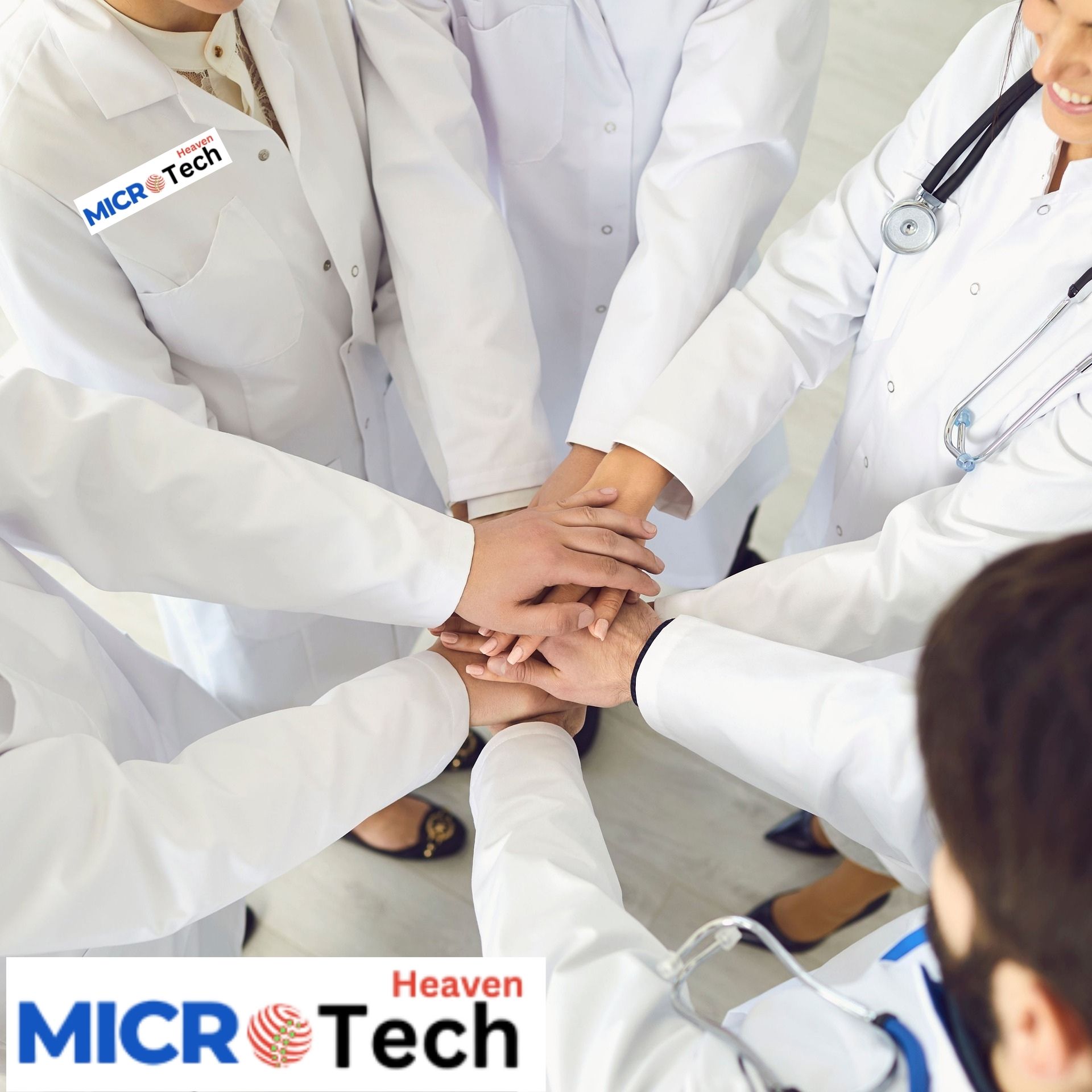Future of Wearable Tech in Healthcare
Table of Contents
Introduction
In today’s world, where technology plays a huge role in healthcare, knowing how to use digital tools to manage your health is more important than ever. Digital health literacy is all about understanding how to find, use, and evaluate online health information. This article breaks down what digital health literacy is, why it matters, and how you can build the skills to take charge of your health confidently.
Understanding Digital Health Literacy
Definition
Digital health literacy is the ability to search for, understand, and use online health information to make decisions about your health. For example, it could mean using a health app to track your blood pressure or finding trustworthy advice about managing a medical condition.
Importance
Why is it important? The internet is full of health information, but not all of it is reliable. If you can’t tell the difference between accurate advice and misinformation, you might make poor decisions about your health. Digital health literacy helps you:
- Find credible resources.
- Understand medical terms.
Use apps and websites to manage your health better.
Components of Digital Health Literacy
Key Skills and Abilities
Here are the main skills involved in digital health literacy:
- Finding Information: Knowing where to look for reliable health advice.
- Evaluating Credibility: Identifying trustworthy sources versus fake news or misinformation.
- Using Technology: Navigating health apps, websites, or patient portals.
- Privacy Awareness: Keeping your personal health information secure.
Barriers to Digital Health Literacy
Some challenges people face include:
- Age: Older adults might not feel comfortable using smartphones or computers.
- Access: Not everyone has internet access or up-to-date devices.
Lack of Training: Many people haven’t been taught how to use digital tools effectively.

Benefits of Digital Health Literacy Programs
Investing in digital health literacy programs can have life-changing effects:
- Better Health Outcomes: People who know how to find and use health information are more likely to take preventive measures and manage conditions effectively.
- Stronger Communication: Being informed makes it easier to talk to doctors and ask the right questions.
- Empowerment: Knowing how to navigate digital tools gives you confidence in making health decisions.
Step-by-Step Guide to Improving Digital Health Literacy
1. Assess Your Current Skills
- Self-Reflection: Consider how comfortable you are with using apps, searching online, or understanding medical terms.
- Identify Gaps: Figure out where you struggle—like evaluating websites or understanding health advice.
2. Explore Learning Resources
- Online Courses: Look for free or affordable courses on health literacy from trusted organizations.
- Workshops: Join local or virtual workshops to practice your skills with others.
3. Practice What You Learn
- Search Smarter: Practice looking for health information online and checking if the source is reliable.
- Try Health Apps: Use apps for tracking fitness, medications, or appointments.
Real-Life Stories
- Jane’s Journey: Jane, a 65-year-old, struggled to manage her diabetes. After attending a digital health literacy class, she learned how to use an app that tracked her blood sugar and offered meal suggestions. She now feels more in control of her health.
- Mark’s Confidence: Mark, a father of two, wanted accurate information about vaccinations but found the internet overwhelming. A digital health literacy workshop taught him how to spot credible sources. He now confidently discusses options with his doctor.
Conclusion: The Future of Digital Health Literacy
As technology becomes even more central to healthcare, improving digital health literacy is key to empowering people everywhere. With the right tools and knowledge, you can make smarter health decisions and lead a healthier life.
Digital health literacy isn’t just about technology—it’s about giving people the confidence and skills to take control of their health in a fast-changing world.
FAQs
- What is digital health literacy?
It’s the ability to effectively find, understand, and use online health information. - Why is digital health literacy important?
It helps people make better health decisions and improves communication with doctors. - What challenges do people face in digital health literacy?
Common challenges include age-related difficulties, lack of internet access, and limited training opportunities. - How can I improve my digital health literacy?
Start by assessing your skills, exploring learning resources, and practicing with reliable health apps and websites.


